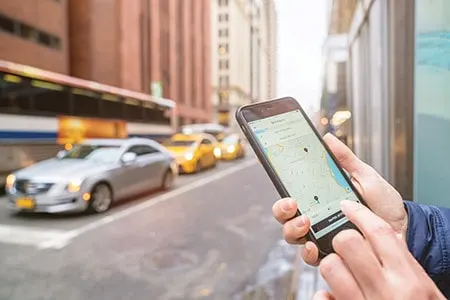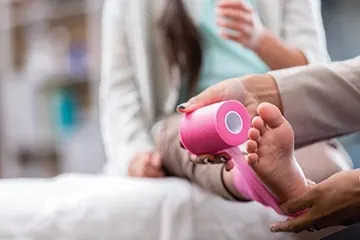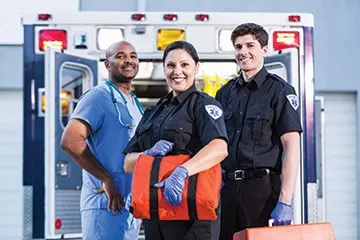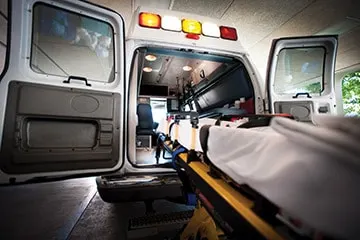Uber or 911
Written By: Ibby Smith Stofer

Think you have heard it all? Does that question ring a bell? Well, I thought I had heard it all as it relates to the future of hospitals in the USA. But recently I have been left speechless with online reports and articles on this very topic.
To begin, let’s assume that you are injured in a minor car accident. You know that it is serious enough to be seen by a physician and driving is not an option. Everyone who stopped is ready to call for an ambulance. Still conscious and with your wits about you, you say no, I prefer to call Uber or Lyft. People who stopped then start asking why you would choose that over an ambulance.

First of all, it is going to be a lot cheaper and faster. You will know what the approximate cost of the ride to the ER will be and it is very unlikely that it will equal the four to five digit figure that seems to be the minimum charge for ambulance services. There are even apps in some cities that will dispatch the driver for you on your smart phone. No need to ask Siri or her equivalent to find a company and call the number and wait for dispatch to question you at length about the reason for your call. You contact the service, tell them where you want to go, you know the price, and they will often arrive much quicker than an ambulance.
With ride share you not only save money, you often save time and you get to choose where you go for treatment. These seem like compelling reasons when you do not have a car or a ride, and the medical emergency is not urgent or critical. Remember that the driver is not a trained paramedic and will not have the equipment needed to treat those situations.

Though compelling, even Uber knows they are not the solution for every ride to a hospital and released this statement, “We’re grateful our service has helped people get to where they’re going when they need it most. However, it’s important to note that Uber is not a substitute for law enforcement or medical professionals. In the event of any medical emergency, we encourage people to call 911.”
After you arrive at the hospital or urgent care by a ride sharing service, the normal procedures will require you to self check-in and wait since urgent or critical cases are seen first. If you arrive via an ambulance, the chances are you will be seen long before your insurance and medical history are documented. There is also a chance that the hospital you chose to arrive at does not provide or treat your condition, and you will be transported via ambulance to another hospital.

Just like anything else in life there is a give and take when choosing how to arrive at a healthcare facility. As a consumer, these choices are within our control, but when we require urgent medical treatment at a location other than a healthcare provider, we need to use the best option for the medical emergency. Do you really want to deliver your child in the backseat of a stranger’s car? If you are not sure what you are experiencing, do you think being assessed by trained professionals before transport is the better choice? Does it make sense to risk my life or that of someone else versus receiving a surprise bill a few months down the road? Or choose to select the care center versus being taken to the nearest provider when minutes are vital? While ride share drivers often arrive sooner than the ambulance, they must obey the speed limit and cannot offer any type of medical assistance. They may in fact drive by or refuse to take the patient if they feel that the situation requires medical treatment.
"With ride share you not only save money, you often save time."Emergency departments nationwide have mixed opinions on the risks, rewards, or benefits of consumers choosing to arrive by ride share versus ambulances. In some cities like Washington D.C., they have encouraged people to use non-EMS services when the situation is not critical. In NYC, one study found that ride share reduced the response time from over 6 minutes to approximately 2.5 minutes. Costs for ride share rarely exceed $100 while EMS services can run over $1,000 for the dispatch with added charges for medications and mileage.
Yet, in my own opinion, choices and consumerism in healthcare need to be balanced with caution. What is your opinion? Would you use a ride share? It may become a non-choice where your initial call to the ride share is referred to trained clinicians and they determine which choice is more appropriate.
Prev Article
